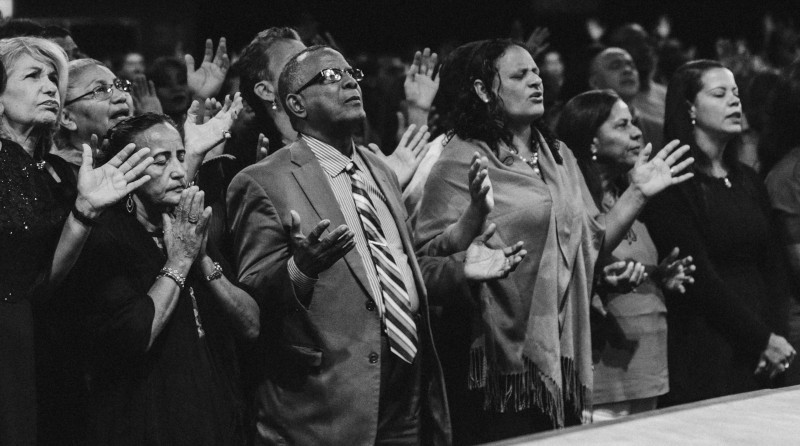Singing Together During COVID-19

The Netherlands
Before the Netherlands went into lockdown, one of the last major concerts was held on March 8 in the Concertgebouw auditorium (what a name!). The Amsterdam Choir performed, but it eventually became the talk of the town for all the wrong reasons.
As time passed after the concert, 102 out of the 130 members who performed that day were now suffering from COVID-19. A 78-year-old singer was the first to die, followed by the death of three other choir members. Most of the singers ended up in intensive care or displayed serious symptoms.
Washington State
That wasn’t the only major chorus to catch the virus. A Washington State based choir called Skagit Valley Chorale had a similar situation. As many as 45 members were diagnosed with the virus within three weeks of meeting each other for a rehearsal in March. While three of them had to be hospitalized, two lost their lives.
Berlin Cathedral
50 members of the Berlin Cathedral Choir and many members of the Voices of Yorkshire choir contracted the virus soon after their rehearsals.
Critical Question
These developments have given birth to a critical question. Is singing together a probable cause of the spread of coronavirus? Singing together is not limited to choirs only. People sing during sporting events and birthday parties. Researchers have stated in their reports how singers project more droplets and aerosols while projecting their voices and infecting more people.
Alarming Thought
The mere thought is alarming. No more singing in groups? However, not all scientists agree with this idea. An expert from University Munich conducted experiments to find more details. The goal was to measure the strength of air flow between people singing.
The study showed that there were a few instruments like the flute, oboe, and clarinet that increased risks in terms of powerful air flow. Also, the research showed that singing was quite safe and it surely cannot be the cause of the outbreaks after the concerts. The expert further pointed out that the spread among the members was possibly caused by the close proximity of the choir members among each other. The members must have greeted each other with hugs or shared drinks. This social behavior and not the singing is the real cause of the outbreaks.
Second Thoughts
While experts have shared their opinions on the possible causes of this massive coronavirus spread; one thing they all emphasize is that the world we live in needs constant risk reevaluation, which is very noticeable now. All social interaction should be given a second thought at least.
Hear about more articles by joining the list
More Articles

Your Dating Life Compared to Lana Turner

I Lose Control - Music Review

Elvis Presley's Death

Why People Quit Playing Piano

Superman Moment

Still Lovable

Life Without Them

Smooth Fact - Sam Cooke

James Brown - Smooth Fact

Mother’s Day Guilt

11 Ways Music Can Be Your Best Friend in COVID-19

Watching you drink

Battle Cry by Reed Deming

8 Signs You’re a Fan Of R&B

Zodiac Signs

"In the World", Whistles

"In the World", The Breakdown

"In the World", Video Coming

Don't Fight My Love

"In the World", Video Coming - All I See

"In the World", the Whistles

My Favorite Part of "In the World"

What's Funny about "In the World"

"In the World" (Justin Sosa)

Small Carts

Don't Skip Going to the Bathroom
